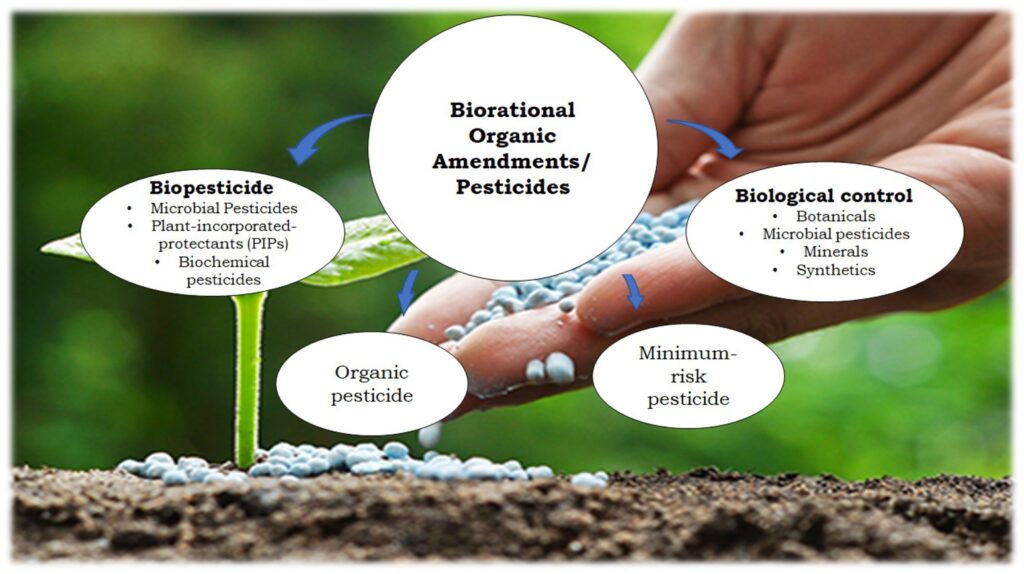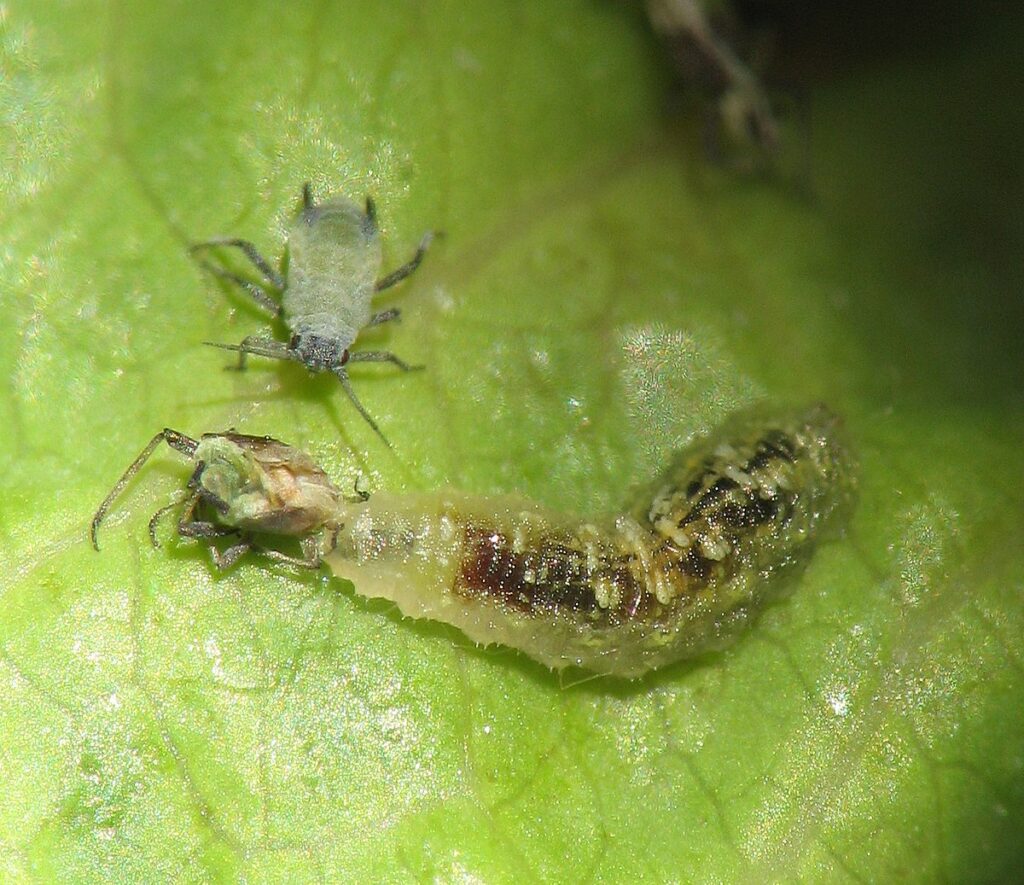The term pest refers to insects, viruses, and also bacteria that cause diseases or an organism that destroy crops or man-made structures. Pest control is the process of elimination of pests or the inhibition of their reproduction, development, or migration. Even though, there are several pest control methods available nowadays, recent advances in pest management help to reduce the hazardous effect of pesticides on human health and the environment.
The New Star Pest Control and Cleaning Service in UAE provide professional pest control services across Dubai, Ajman, Sharjah, and Abu Dhabi.
Earlier pest management methods

1. Chemical control
Chemical pest control is the most common method of pest control by using pesticides, which are the chemicals that either kill or inhibit the development of pests. In addition, the type of pests and the intensity of infestation determine the type of pesticides that you can use in your area.
The use of chemical pest control began in the early 18th and 19th centuries. During the time of world war II, a dramatic change occurred in pest control with the intervention of synthetic compounds DDT, 2,4-D, and also BHC.
2. Biological control
Biological pest control involves exposing them to predators or parasites. The use of insect predators is a method using widely. Another biological method is the use of bacteria against grubs or insect larvae.
This method was used by the ancient Chinese itself. Even though the modern era of biological pest control began in 1888. Recent advances in pest management. The development of insect predators to control structural pests has met with little success. Nematodes were used against termites in laboratories.
3. Cultural control
Cultural control methods of pest control are using to alter the pest’s environment and thereby reduce access to breeding areas, food, and also shelter. It is using against structural pests which depend on protected places cracks and sidewalls.
4. Physical control
The physical or mechanical pest control methods are effective against some pests. These methods include using sticky barriers, heat killing, and also flooding. Using traps either to kill pests or capture insects is another physical method of controlling pests.
Modern technologies for pest control
Following are the recent advances in pest management
1. Bio rational control

Biologically based pesticide products or bio-rational products contain pheromones a chemical substance released by animals into the environment. It also contains living micro-organisms that are non-toxic and have a little negative impact on the environment. One of the most effective bio-rational pesticides is Bt (Bacillus thuringiensis) based microbial pesticides.
Pheromones affect the physiology or behavior of the targeted animals. The ‘pheromone-assisted technique’ increases the efficiency of insecticides against ants. When pheromones are combined with insecticides, their effect will increase and the contact of insecticide with the environment will reduce.
2. Insect growth regulators

Insect growth regulators are synthetic insect hormones. In addition, they are insecticides to regulate the population of harmful insect pests. It is recent advances in pest management. The IGRs prevent an insect from reaching maturity by interfering with the molting process. These are less toxic to human health and the environment, so these mix with other insecticides that kill adult insects.
IGRs only affect the developing stages of insects and arthropods, not adults. So many IGRs are combined with several pesticides like pyrethrins and pyrethroids. IGRs can be classified into juvenile hormone analogs and insect development inhibitors.
3. Pest behavior-modifying chemicals
Chemicals that modify insect behavior in any way are referred to as semiochemicals. The 2 classes of them are pheromones and also allele chemicals. Pheromones are chemicals that operate intra-specifically among the members of the same species. Allele chemicals are the chemicals that operate inter specifically among the members of different species.
4. Plant immunization
Plant immunization is the process of activating the natural defense system present in plants inducing by biotic or abiotic factors. It is one of the recent advances in pest management. In-plant immunization process, pre-treating plants with inducing agents that stimulate plant defense responses. It forms chemical or physical barriers. These are using against the pathogen invasion.

